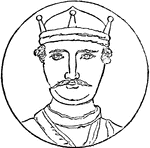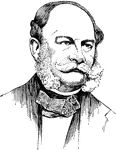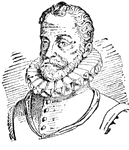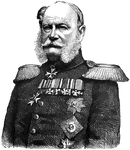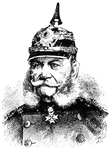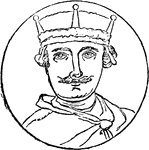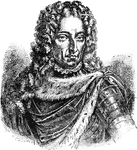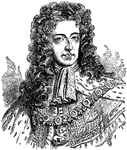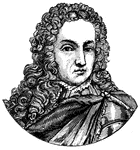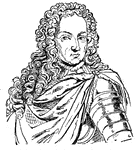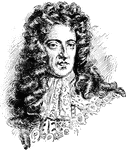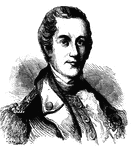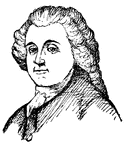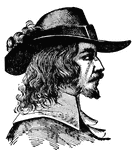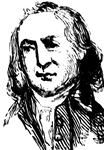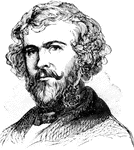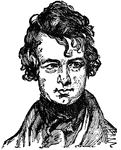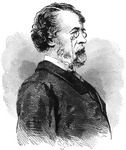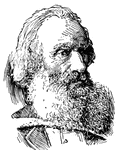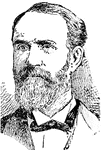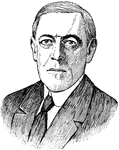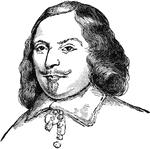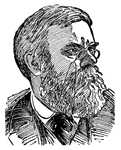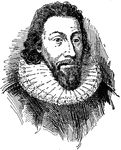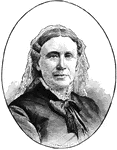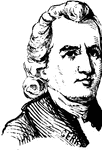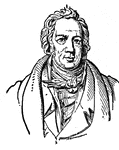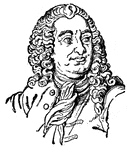267 illustrations of famous people including: Joseph Warren, George Washington, Martha Washington, Daniel Webster, John Wesley, Walt Whitman, Eli Whitney, Oscar Wilde, Frances Willard, King William (I, II, III, IV), Woodrow Wilson, and many more

William I
The king of Prussia and emperor of Germany, born in Berlin, March 22, 1797; died March 9, 1888.
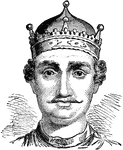
William I of England
William I of England (1027 – 9 September 1087), better known as William the Conqueror, was Duke…
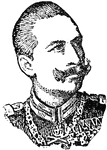
William II
The king of Prussia and emperor of Germany, eldest son of Emperor Frederick III. born in Berlin, Jan.…
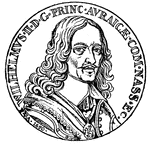
King William II (Rufus) of England
William II (c. 1056 – 1100), the third son of William I of England, was King of England from 1087…
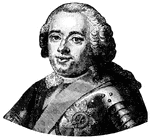
King William IV of England
William IV (1765 – 1837) was King of the United Kingdom of Great Britain and Ireland and King of Hanover…
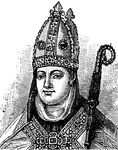
William of Wykeham
William of Wykeham (1320 – 27 September 1404) was Bishop of Winchester, Chancellor of England, founder…
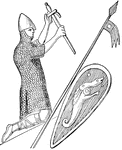
William the Conqueror
"William the Conqueror (1066-1087), as represented on his seal. Although William really ruled 'as king…
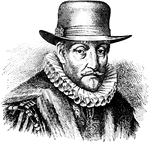
William the Silent
"William, Prince of Orange, called 'William the Silent,' was the natural leader of the Netherlands at…
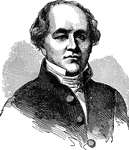
Eleazar Williams
A dark mystery shrouds the fate of the eldest son of Louis XVI of France and Marie Antoinette, who was…
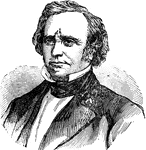
Henry Wilson
Henry Wilson (February 16, 1812 – November 22, 1875) was a Senator from Massachusetts and the eighteenth…
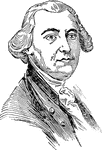
James Wilson
James Wilson (September 14, 1742 – August 21, 1798), was a signer of the Declaration of Independence,…
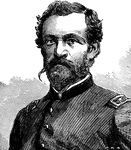
James Harrison Wilson
James Harrison Wilson (September 2, 1837 – February 23, 1925) was a United States Army topographic…
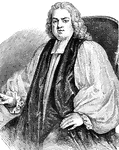
Bishop Thomas Wilson
Thomas Wilson (20 December 1663 – 7 March 1755) was Anglican Bishop of Sodor and Man between 1697…
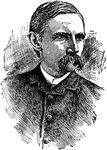
William L. Wilson
(1843-1900) American statesman, served in the Confederate Army during the Civil War, and was the president…
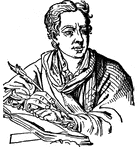
Johann Joachim Winckelmann
(1717-1768) German archeologist and art historian. Author of History of the art of Antiquity.
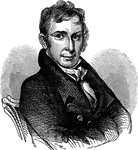
William Henry Winder
William Henry Winder (1775 – 1824) was an American soldier and a Maryland lawyer. He was a controversial…
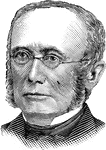
Herr Ludwig Windthorst
Ober-Appellationsrath in Kalbe and minister of justice at Hanover and finally chief syndic of the crown…
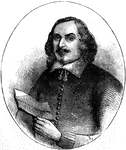
Edward Winslow
Edward Winslow (1595 – 1655) was an American Pilgrim leader on the Mayflower. He served as the governor…
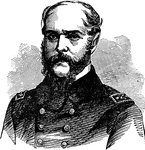
John Ancrum Winslow
Rear Admiral John Ancrum Winslow (1811 – 29 September 1873) was an officer in the United States…
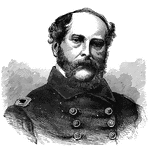
Rear Admiral John A. Winslow
"Rear Admiral Winslow, born in Wilmington, N. C., November 19th, 1811, died in Boston, Mass., September…
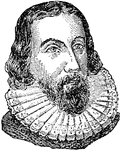
John Winthrop
The governor of the Massachusetts colony, born in Groton, England, Jan. 12, 1588; died in Boston, Mass.,…
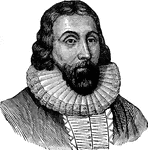
John Winthrop
John Winthrop (12 January 1588 – 26 March 1649) led a group of English Puritans to the New World,…
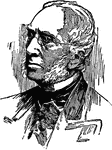
Robert Charles Winthrop
Robert Charles Winthrop (May 12, 1809 – Boston) was an American lawyer and philanthropist and…
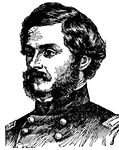
Theodore Winthrop
(1828-1861) American military officer. Killed during the Civil War while at the head of an assaulting…
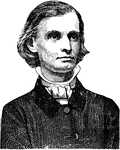
Henry Augustus Wise
Henry Augustus Wise (1819 - 1869) was a U.S. Naval Officer who served in the U.S. - Mexican War and…
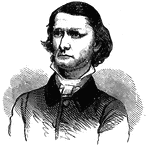
Henry A. Wise
(1806-1876) US representative who became ambassador to Brazil and governor of Virginia.
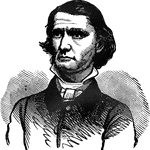
Henry Alexander Wise
Henry Alexander Wise (December 3, 1806 – September 12, 1876) was an American statesman from Virginia.…
